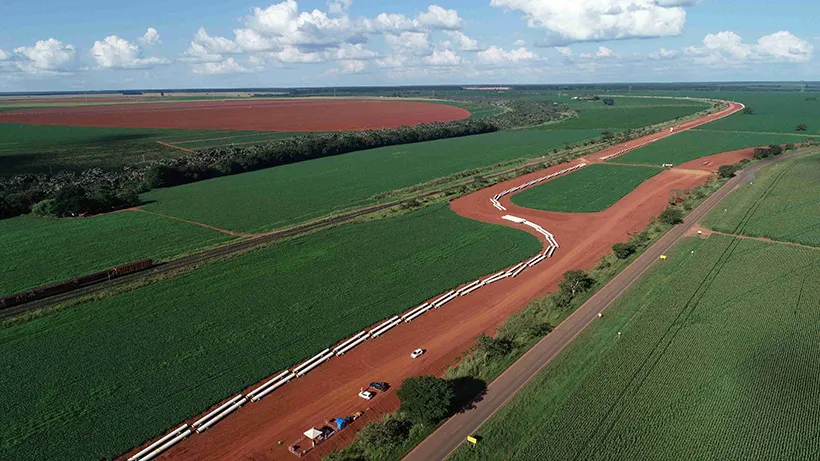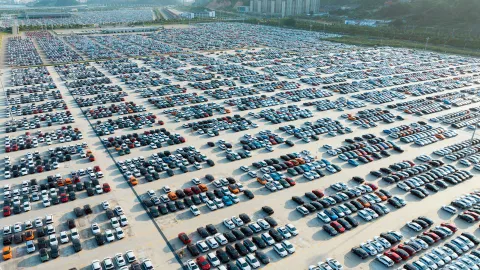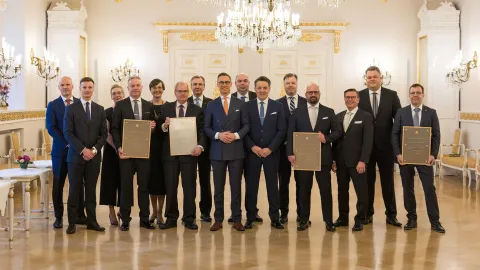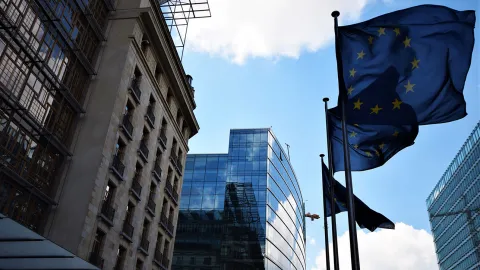Investments in the pulp industry continue around the world - Finnvera participates in financing exports to a pulp mill project in Brazil

Published date
The outlook for the pulp industry is reasonable despite the corona pandemic, and investments in the sector continue. One of the largest dissolving wood pulp (DWP) plants in the world is to be built in Brazil including deliveries from Valmet. Finnvera is guaranteeing the Finnish exports included in the project worth about USD 150 million. Environmental perspective is taken into account in raw material production and wastewater treatment.
The USD 1.1 billion financing is co-led by IFC, a member of the World Bank Group, and IDB Invest, a member of the IDB Group. The export credit agency Finnvera and seven commercial banks are participating in the financing. The object of investment, LD Celulose S.A., is a joint venture between the Austrian Lenzing and the Brazilian Duratex, formed to set up one of the largest soluble cellulose plants in the world. The plant is being erected in the Triângulo Mineiro, and, when operational in 2022, it will produce 500 thousand tons of soluble cellulose per year. The special cellulose fibers produced in LD will be used in the textile industry, generating fabrics with innovation, sustainability and high technology. When the plant starts operating, it will generate around 1,100 direct jobs.
The financing co-led by IFC and IDB Invest will support LD Celulose’s investment program for 2020-2022, which consists of the construction of a dissolving wood pulp mill and the installation of a cogeneration plant with a capacity of 144 megawatts. The plant will also use Finnish technology and exports from Valmet financed and guaranteed by Finnvera’s USD 147 million export credit guarantee. Valmet’s delivery includes a fiber line, a pulp drying and baling line, an evaporation plant, a white liquor plant and a mill-wide automation system.
"IFC and IDB Invest are financing more than USD 1 billion of the project, and compared to that Finnvera's USD 147 million share is small. However, the special feature of the project is that it is the first soluble pulp mill project that Finnvera is financing", says Satu Savelainen, Finnvera's Team Manager.
Dissolving wood pulp is primarily used to produce textiles, not paper like pulp in general. Soluble pulp in particular replaces viscose production and is a more environmentally friendly alternative to it.
Environmental perspective taken into account in raw material production and wastewater treatment
As part of the project, LD Celulose will also sustainably plant and manage approximately 70,000 hectares of eucalyptus plantations.
All raw material for the pulp mill comes from FSC Forest Management certified wood plantations.
"Obtaining such a certificate requires a certain level or measures from the company, including the protection of biodiversity, consideration of the surrounding communities and ensuring the conditions and rights of employees. Wood plantations are very large, unified areas, and they are located close to the pulp mill, which reduces the negative impact they cause on people and the environment", says Environmental Adviser Lauri Etelämäki, who has been involved in a review of environmental and social risk management of the project.
Wastewater treatment of the pulp mill is also planned in consideration of the population of the surrounding areas. The effluent discharge pipeline is planned to run into the Araguari River, approximately 16 kilometers upstream of a new water intake in the city of Uberlandia, with a population of 700,000.
"In order to avoid problems in the city’s water intake, a nutrient removal process will be added to the pulp mill effluent treatment, which was not in the original plan. In addition, the pulp mill is required to closely monitor the quality and ecological state of the river water and to share the monitoring information transparently with the Uberlandian authorities, who are also entitled to participate in the sampling."
Further information:
IFC's and IDB Invest's Press Release



